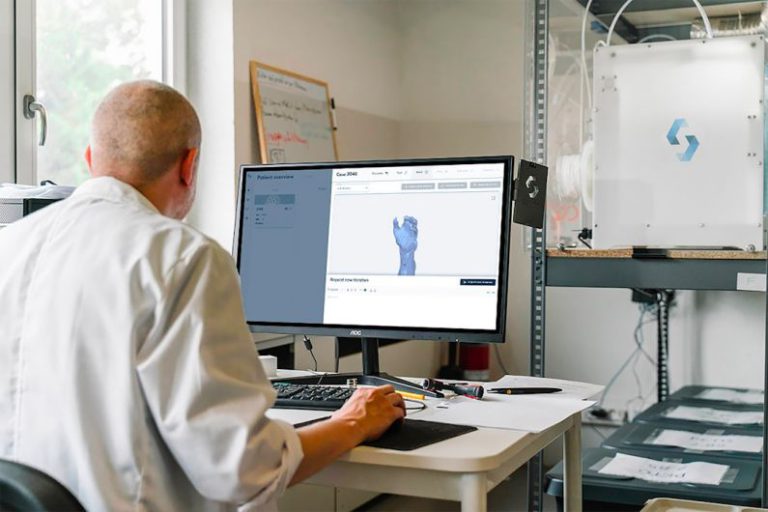Building a Pc for Writing and Research
When it comes to embarking on a journey of writing and conducting research, having a reliable and efficient tool at your disposal is essential. While many may opt for laptops for their convenience and portability, building a PC tailored specifically for writing and research purposes can offer numerous benefits. From increased performance to customizability, a well-designed PC can significantly enhance your writing and research experience. In this article, we will explore the key components to consider when building a PC optimized for writing and research tasks.
Choosing the Right Processor
The processor, also known as the CPU, is the brain of your computer. When it comes to writing and research tasks, a processor with multiple cores and high clock speeds is ideal. This ensures that your PC can handle multitasking efficiently and process complex data quickly. Intel’s Core i5 or i7 processors and AMD’s Ryzen 5 or 7 processors are popular choices for writing and research PCs due to their balance of performance and affordability.
Opt for Sufficient RAM
Random Access Memory (RAM) plays a crucial role in the smooth operation of your PC. For writing and research tasks, a minimum of 8GB of RAM is recommended to ensure that you can run multiple applications simultaneously without experiencing slowdowns. Consider upgrading to 16GB or even 32GB if you frequently work with large datasets or run memory-intensive applications.
Fast Storage Solutions
In the realm of writing and research, quick access to files and data is paramount. Opting for a Solid-State Drive (SSD) as your primary storage solution can significantly improve the overall speed and responsiveness of your PC. SSDs offer faster boot times, quicker file transfers, and improved application loading times compared to traditional Hard Disk Drives (HDDs). Consider pairing a smaller SSD for your operating system and essential applications with a larger HDD for storage of documents and research materials.
Dedicated Graphics Card
While a high-end graphics card may not be necessary for writing and research tasks, a dedicated GPU can still offer benefits such as improved display performance and the ability to accelerate certain computing processes. Graphics cards from NVIDIA’s GTX series or AMD’s Radeon series provide a good balance of performance and affordability for writing and research PCs.
Consider Ergonomics and Comfort
In addition to the internal components of your PC, don’t overlook the importance of ergonomics and comfort in your setup. Investing in a quality monitor with adjustable height and tilt settings can help reduce eye strain and improve posture during long writing and research sessions. A comfortable keyboard and mouse tailored to your preferences can also enhance your overall productivity and comfort.
Customize Based on Your Needs
One of the greatest advantages of building your own PC is the ability to customize it according to your specific needs and preferences. Whether you require additional storage space, more RAM for handling large datasets, or a higher resolution monitor for detailed research work, building a PC allows you to tailor the setup to suit your individual requirements.
Enhance Connectivity and Expandability
When building a PC for writing and research, consider the connectivity options and expandability features that will support your workflow. Ensure that your PC has an adequate number of USB ports for connecting external devices such as printers, scanners, and external hard drives. Additionally, opt for a motherboard with room for expansion, allowing you to upgrade components in the future as needed.
Incorporate Backup Solutions
Protecting your valuable writing and research data is crucial. Consider incorporating backup solutions such as cloud storage, external hard drives, or a Network-Attached Storage (NAS) system into your PC setup. Regularly backing up your work ensures that you can recover important files in the event of hardware failure or data loss.
Conclusion: Maximizing Your Writing and Research Potential
Building a PC tailored specifically for writing and research tasks can unlock your full potential as a writer and researcher. By carefully selecting components that prioritize performance, comfort, and customization, you can create a workspace that enhances your productivity and creativity. From a powerful processor and ample RAM to fast storage solutions and ergonomic accessories, every aspect of your PC setup plays a role in optimizing your writing and research experience. Invest time and effort in designing a PC that caters to your unique needs, and watch as your writing and research endeavors reach new heights.






